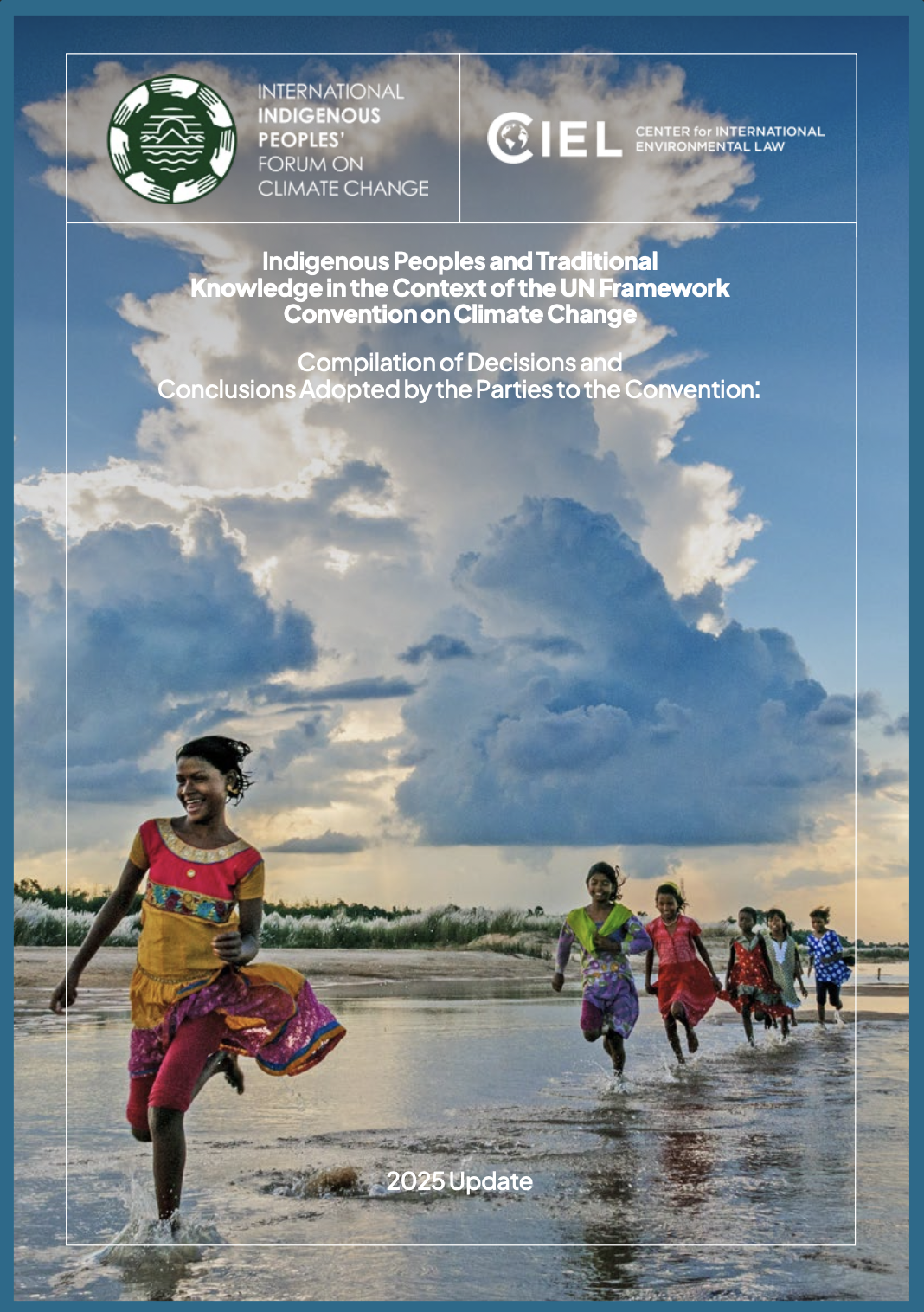For decades, Indigenous Peoples have drawn upon knowledge and observations shared by their Elders and knowledge keepers and their reciprocal relationships with the natural world to raise awareness of the climate crisis. Because of their close relationship with their supportive ecosystems, Indigenous Peoples have acquired unique knowledge enabling them to understand, interpret, and react to the impacts of climate change. Their continued leadership has been essential to advancing rights-based frameworks during climate negotiations and is evident in documents such as the preamble of the Paris Agreement.
The IPCC recognizes that drawing on meaningful participation and inclusive engagement processes of Indigenous Peoples, facilitates climate resilient development and allows locally appropriate and socially acceptable solutions.
A rights-based approach — including commitments to uphold the minimum standards contained in the United Nations Declaration on the Rights of Indigenous Peoples — is essential to developing climate solutions grounded in equity, justice, and the self-determination of Indigenous Peoples.
In July 2025, the International Court of Justice reaffirmed the need to uphold Indigenous Peoples rights in the context of climate action. The InterAmerican Court of Human Rights also echoed this legal finding in its latest ruling, stressing the importance to respect, among others, Indigenous Peoples’ right to Free, Prior, Informed Consent.
Given their unique and critical role in climate negotiations, it is essential to understand Indigenous Peoples’ leadership with the United Nations Framework Convention on Climate Change (UNFCCC) and broader climate discourse.
Indigenous Peoples and Traditional Knowledge in the Context of the UN Framework Convention on Climate Change lists all of the references to Indigenous Peoples and traditional knowledge adopted by the UNFCCC bodies up to the COP30— serving as a useful tool for all actors involved in climate policies and climate actions, including governments, private corporations, and financial institutions. It complements previous compilations published by the International Indigenous Peoples’ Forum on Climate Change and the Center for International Environmental Law (in 2018, 2019 and 2021).


